To Inspect or Not To Inspect, That is Part of the Question
Long-Term Rental Registration Task Force Mulls How to Approach Inspections and Other Burning Questions
BAR HARBOR––Not wanting to impinge upon those who rent long-term in Bar Harbor seems to be a high priority for the Long-Term Rental Registration Task Force which held its second meeting of the year on February 28.
Much of the discussion centered around inspections of long-term rental (LTR) properties, how they should be approached or enacted, and what should be inspected. The general consensus of the task force members seemed to be that they should offer voluntary inspections for basic life safety requirements such as smoke, carbon monoxide (CO), and flammable gas detectors and clear egress from inside the dwelling.
Unlike short-term rental (STR) inspections, these voluntary inspections would have no oversight and would be based upon the honesty of the owner to implement any suggested modifications because permitting would not require compliance, even though many of these standards are mandatory requirements by the State of Maine for all rental properties.
Also, unlike STR inspections, which are an integral part of the permitting process, the task force does not want to risk losing long-term rental property owners because the owners have to spend a substantial amount of money to bring their properties up to the standards set by the town or the state.
Code Enforcement Officer Angie Chamberlain said that her office does not have the manpower to inspect all of the LTRs that have registered with the town. Fire Chief Matt Bartlett echoed the same thoughts for the fire department at the task force’s last meeting on January 24, although he did say that the fire department already offers courtesy life safety inspections
Currently, the town’s only knowledge about the life safety compliance in LTRs is information that is volunteered by owners when those owners fill out the LTR registration form. The form is below.
Should property owners be able to ask for courtesy inspections or should there be some type of mandatory inspection was the impetus of much of the meeting’s discussion. There were many ideas suggested: from having public meetings where landlords and possibly tenants would be invited, and lured by free pizza; to informing renters and tenants of the mandatory life-safety requirements for rental properties; to having mandatory inspections but with a much lower threshold of compliance than is required of short-term rentals.
The task force also discussed the idea of a landlord newsletter that could be sent out on a regular basis via email, social media, postal mail, or any combination thereof that could include life-safety information as well as other related items that sometimes people don’t regularly think about or know is connected to rental properties. These topics could include water supply testing (for water wells) as well as septic system testing and maintenance.
Many of the members spoke of post card mailings instead of or in tandem with a newsletter with the postcards directing people to the resources available online at the town’s website.
Chamberlain suggested possibly having a tiered system of inspections where groups of items, such as smoke, CO, and flammable gas detectors, were checked each year and the property owner had time to prepare for upgrades that may be more costly than some, such as window replacements to meet egress requirements in bedrooms. Each year of the tiered inspection system would check another group of life-safety requirements.
John Mountford of the Mount Desert Island and Ellsworth Housing Authorities asked if there was any potential liability for the town in issuing permits to properties after having conducted voluntary inspections and in effect, signing off on the rental permit without actually knowing if any necessary compliance changes or upgrades had taken place.
Chamberlain said that it’s probably not a whole lot different than when the town conducts an occupancy inspection and once they leave the property, they have no idea what the property owner or tenants do.
In addition to smoke, CO, and flammable gas detectors, members discussed egress and the standard of inspection for this meeting seemed to be a generally clear path for egress from inside of the building to the outside.
The difference between life safety in LTRs and STRs was evident. STRs are required to have one window in each bedroom that has a clear space of a minimum of 5.7 square feet when open or a door in the bedroom that leads directly outside. This is a much more stringent and realistic requirement than just clear egress being available to the exterior.
According to FEMA data from 2013-15, egress, or escaping, was the number one activity taking place prior to death in civilian fatal fires in residential buildings and was the number two factor contributing to civilian fire fatalities in residential buildings.
Deputy Code Enforcement Officer Mike Gurtler said that the task force can answer most of its questions by doing inspections.
POTENTIAL NEW LTR REGISTRATION FORM
Chamberlain presented a potential new LTR registration form that had a couple of new questions on it in an attempt to get a better handle on how some LTRs are effecting Bar Harbor’s long-term rental stock. The current definition of an LTR is a rental that is for more than 30 days but that definition is broad and makes it hard for the town to equate a LTR to a year-round rental.
Since the LTR registration requirement took effect and data started to come in, the Code Enforcement Office has been making attempts to contact owners who registered to try and get a better handle on how these rental properties fit into the town’s Housing Policy Framework.
Housing and Community Planner Cali Martinez said that she would like to find a way to capture rental amount data to help with understanding where current rentals are fitting within the framework as far as different income demographics and was wondering if the registration form could be a place to ask about rental amounts being charged.
Member Erica Brooks asked, “Why would you want that data? I don’t understand why you need to know what people are charging for rent.”
Martinez said that she is trying to figure out where the gaps are in the rental market and trying to figure out if the rental gap areas are increasing or decreasing.
“I think that is a bit of an overreach, personally,” said Brooks, she said that some people wouldn’t want to put that on their registration form because the amount can change and she didn’t think that is information that is needed for life safety data collection.
Member Amber Howard said that she agreed with Brooks about not having rental rates available to the public. But she also saw how valuable the information could be to the town.
Todd Hardy, the task force chair, said that, personally, he would not have a problem with sharing rental amount information, but he could see where some people would, and he was concerned that adding that to the registration form might lead to people not registering or cut down on the truthfulness when the forms are being filled out.
Most of the task force members agreed that having a separate and optional form for capturing rental amounts would probably be the best method. Hardy added that they should be sure and ask clarifying questions that could affect the overall rent amount, such as are utilities included in the rent or are tenants responsible for those amounts in addition to rent.
You can find the full agenda for the February 28 Long-Term Rental Registration task Force here. The next meeting is April 4, 4 p.m., in the third floor auditorium at the Bar Harbor Municipal Building on Cottage Street.





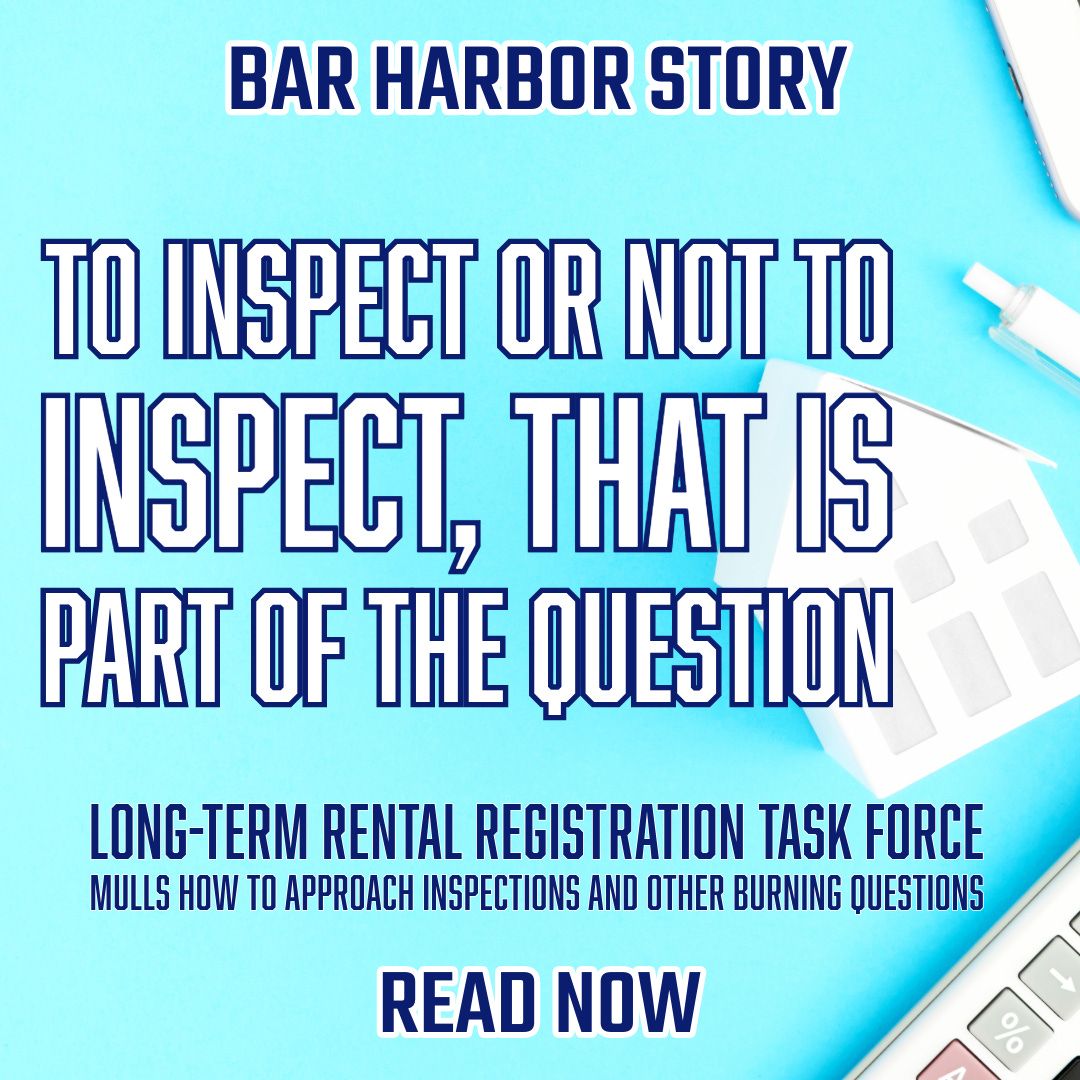
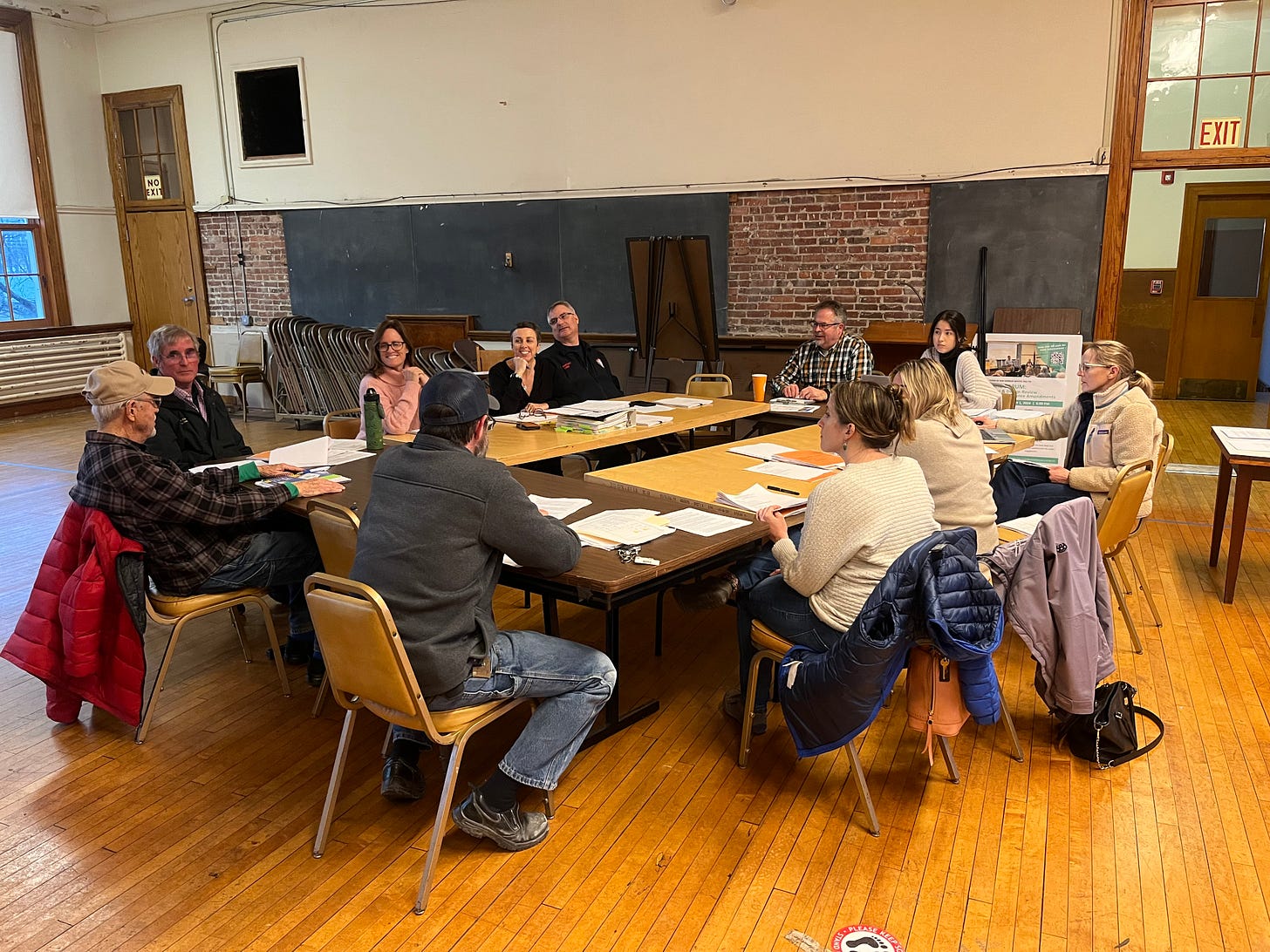
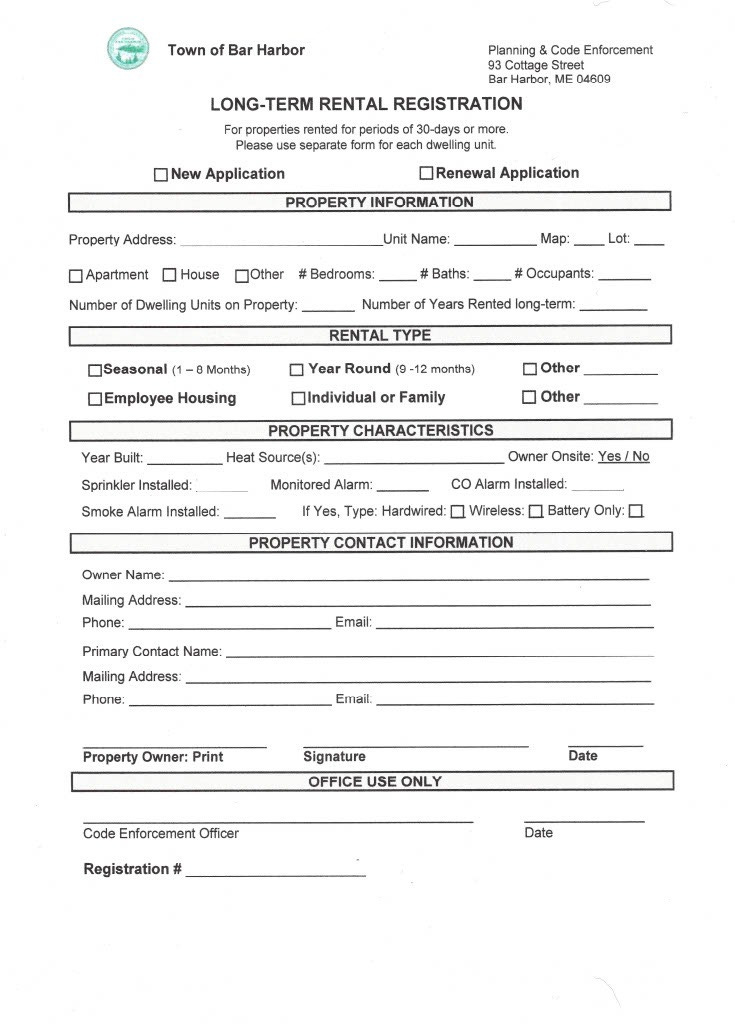
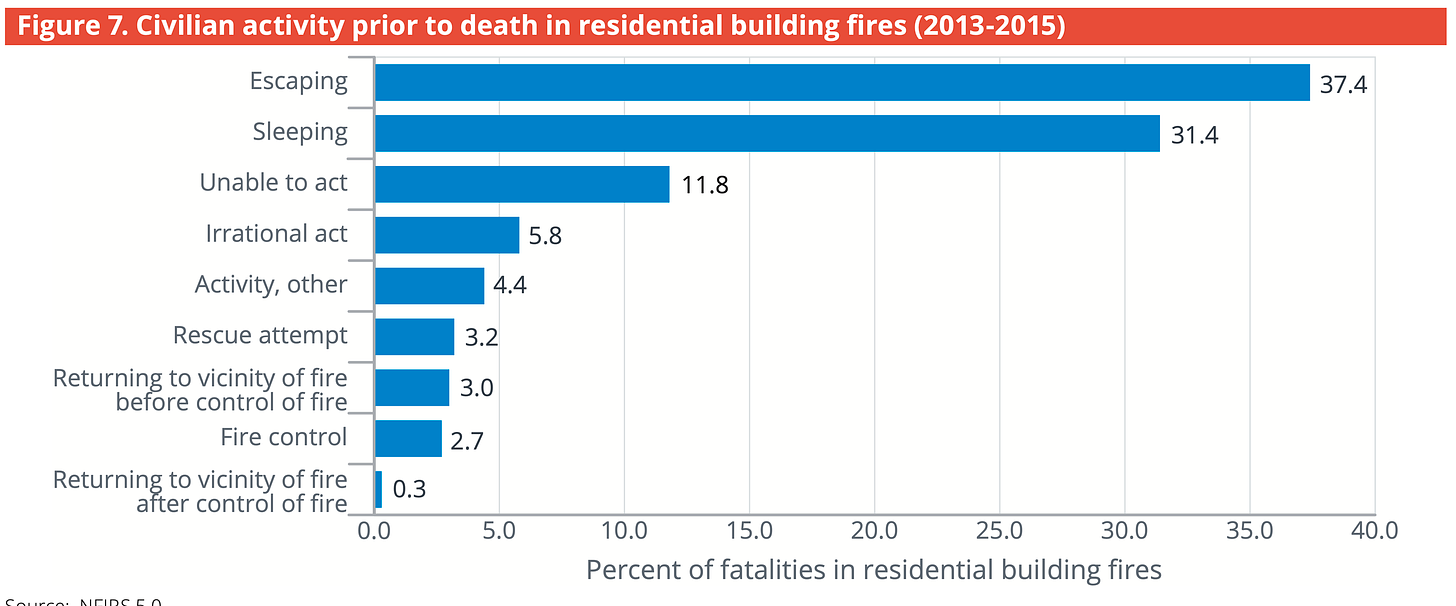
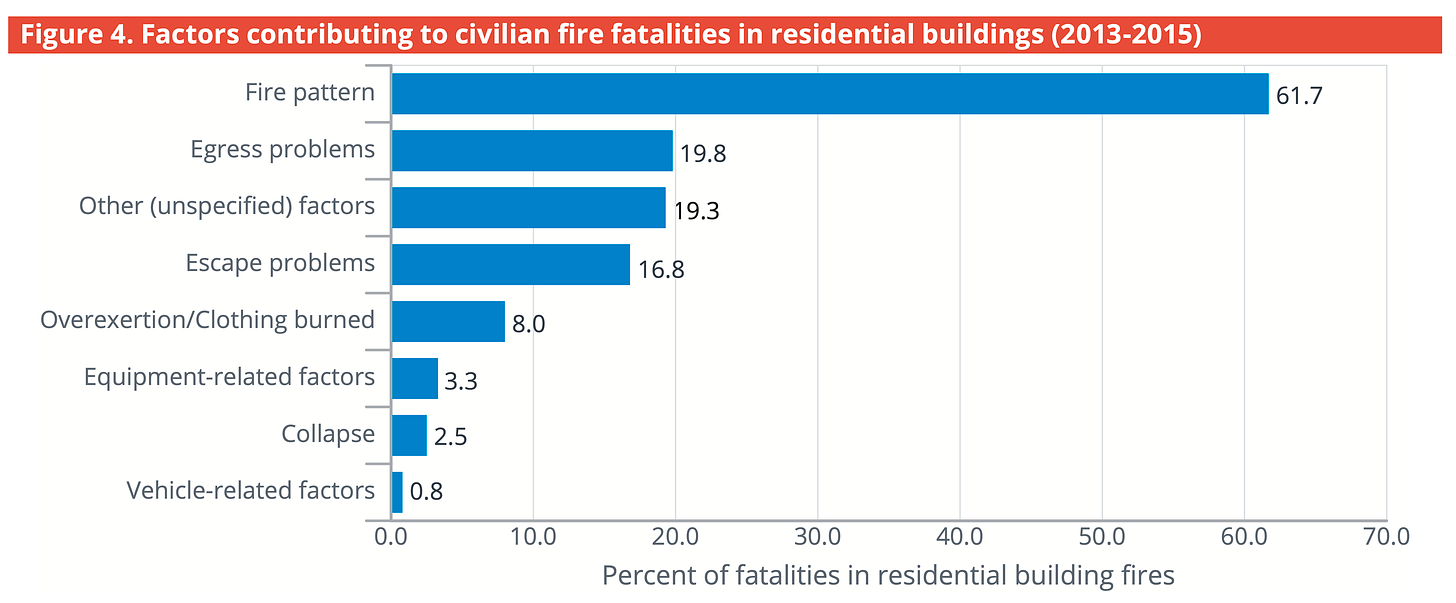
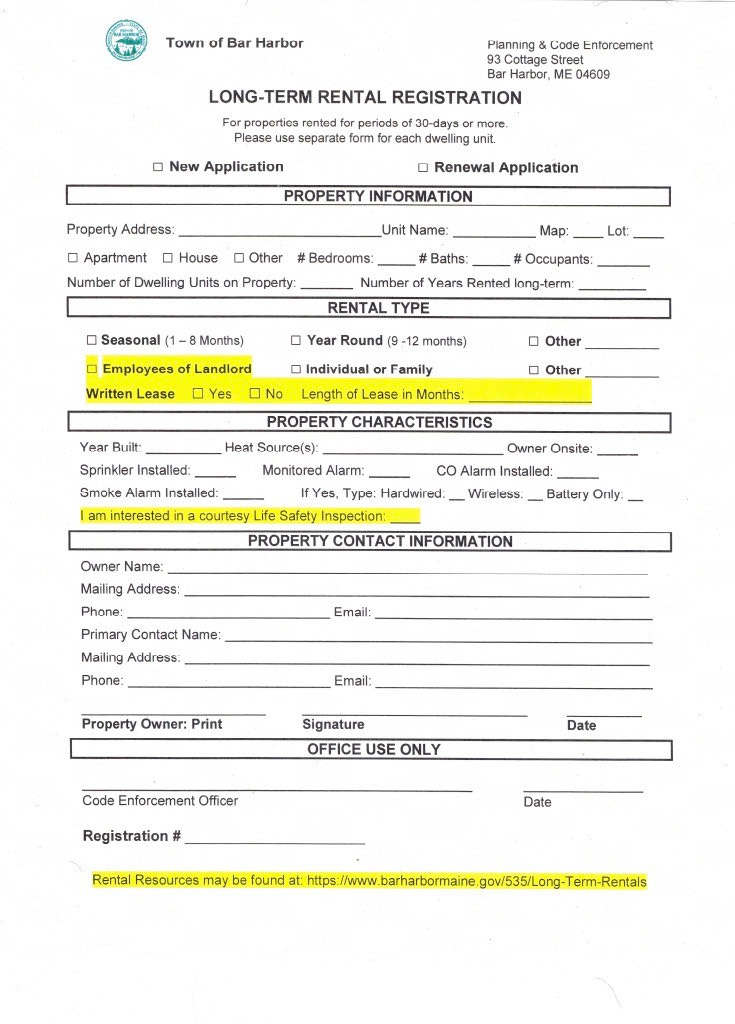
The longer the form and the more non-germane questions on it raise non-compliance. Responses would not be audited. In those circumstances how useful is the data?